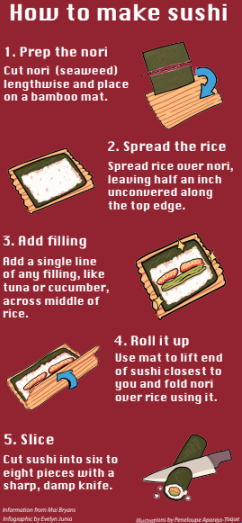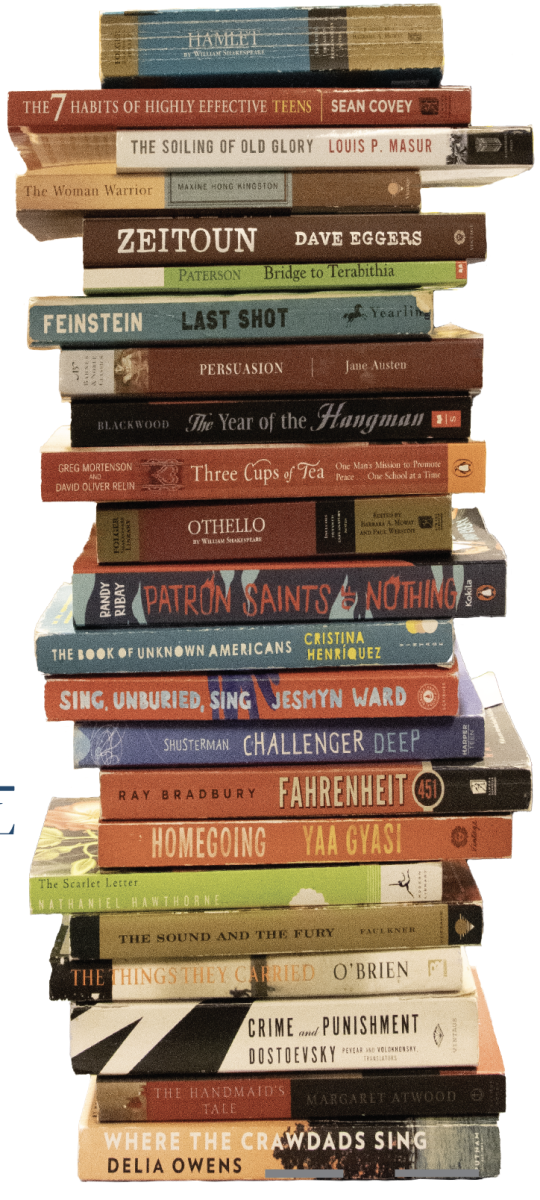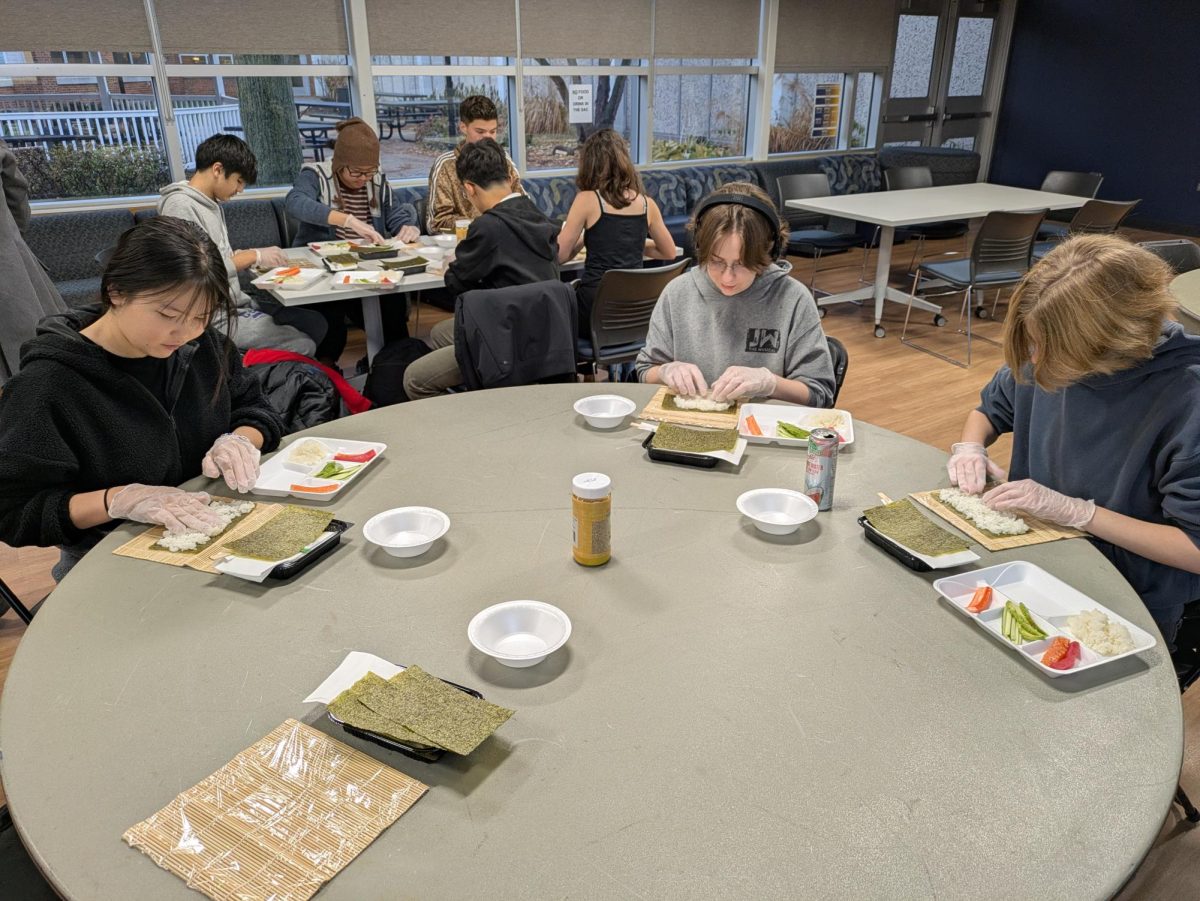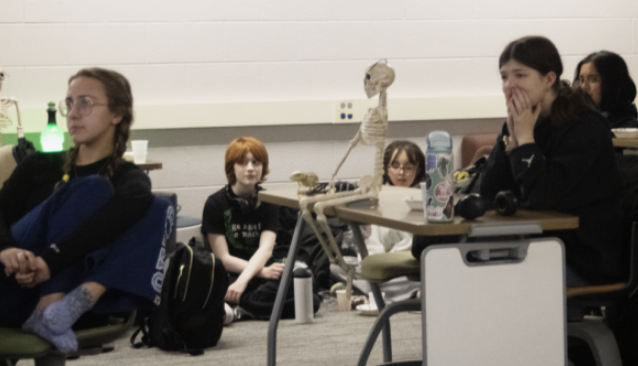As the presidential election draws near, many seniors are able to tap into the real world by voting for the first time. Senior Maggie Condon is one of them.
“I know that I am just one person in the country, but I’m hoping that my vote can make a difference in achieving what’s best for our nation,” Condon said.
Likewise, senior Will Kozloski is glad he is eligible to vote in this election.
“I would be a little upset if I was born after the cut-off date just because it’s a cool opportunity to be a part of an election like this as a senior,” Kozloski said.
Senior Katherine Loiselle claims she feels extremely privileged to be a part of this voting process.
“The fact that I can be part of something that other countries are currently fighting over the right to do so easily helps keep me to stay grounded and aware of what reality really is,” Loiselle said.
Although senior Will Gould has not yet registered to vote, he shares his fellow students’ excitement for the upcoming election. According to Gould, during the previous election, it was a mandatory middle school project to research the candidates, and this exposure to politics influenced his decision to vote this year.
“After researching a lot in eighth grade, I believed that Barack Obama was personally the better candidate,” Gould said. “If Obama is anything like he was four years ago, then I still am up for supporting him this election.”
On the other hand, Condon says the reality of these past four years did not match her expectations of Obama.
“Over the past four years with Obama I haven’t seen much change,” Condon said. “Although I haven’t been completely invested in politics, what I hear on the news and read in newspapers is never good.”
However, Gould and Loiselle believe that Obama is the more popular vote among high school students, including at South.
“Students tend to assume they’d be Democrats just because generally Illinois plus young person equals democratic,” Loiselle said.
Condon believes that peer pressure plays a huge role in why Obama wins a large amount of student votes. According to Condon, voting for Obama is more acceptable and less controversial among students.
“[High school students] should be challenged more to vote for who they want to vote for, and not who their friends or even parents want to vote for,” Condon said.
However, Kozloski is still skeptical about allowing high school students to vote.
“I know that many high school students don’t follow politics very thoroughly and are swayed to vote for a candidate just because he’s a Democrat or Republican,” Kozloski said. “They don’t bother to see if their beliefs match up to their own, which seems pretty unfair to me.”
According to Loiselle, there is no way the majority of high school students take this process seriously.
“If every senior knew every issue that is facing our country in regard to its domestic affairs as well as its foreign affairs, there’s no way we’d be packing the stands every Friday night to watch boys run into each other,” Loiselle said. “It’s a great thing finding joy and happiness in high school, but it comes with an element of ignorance that keeps teenagers from developing well informed political knowledge and opinions.”
Kozloski said he is glad that high school students have a voice in the upcoming election.
“Whether they like it or not, we are the new generation and deserve a say in how our next four years go,” Kozloski said.







